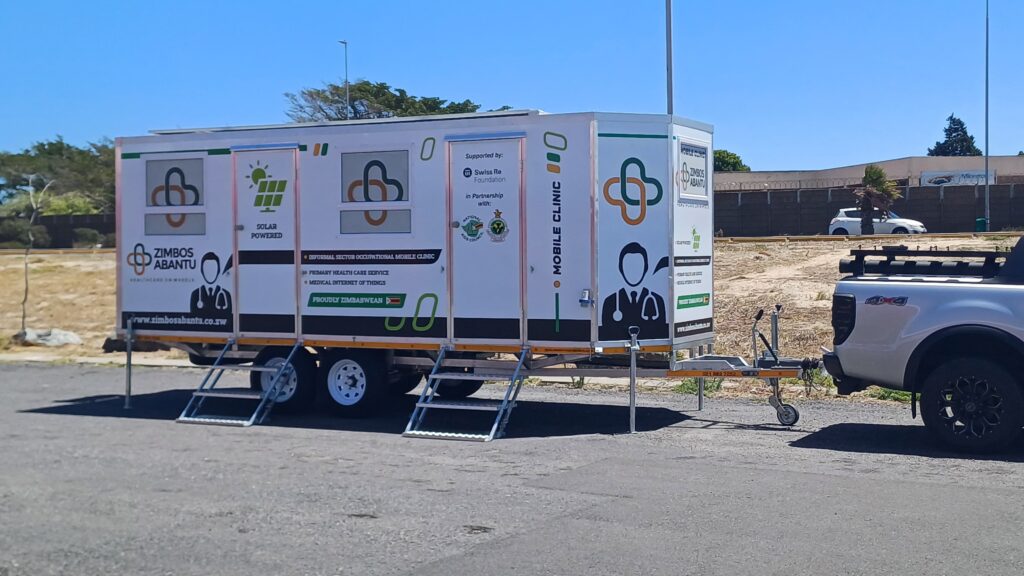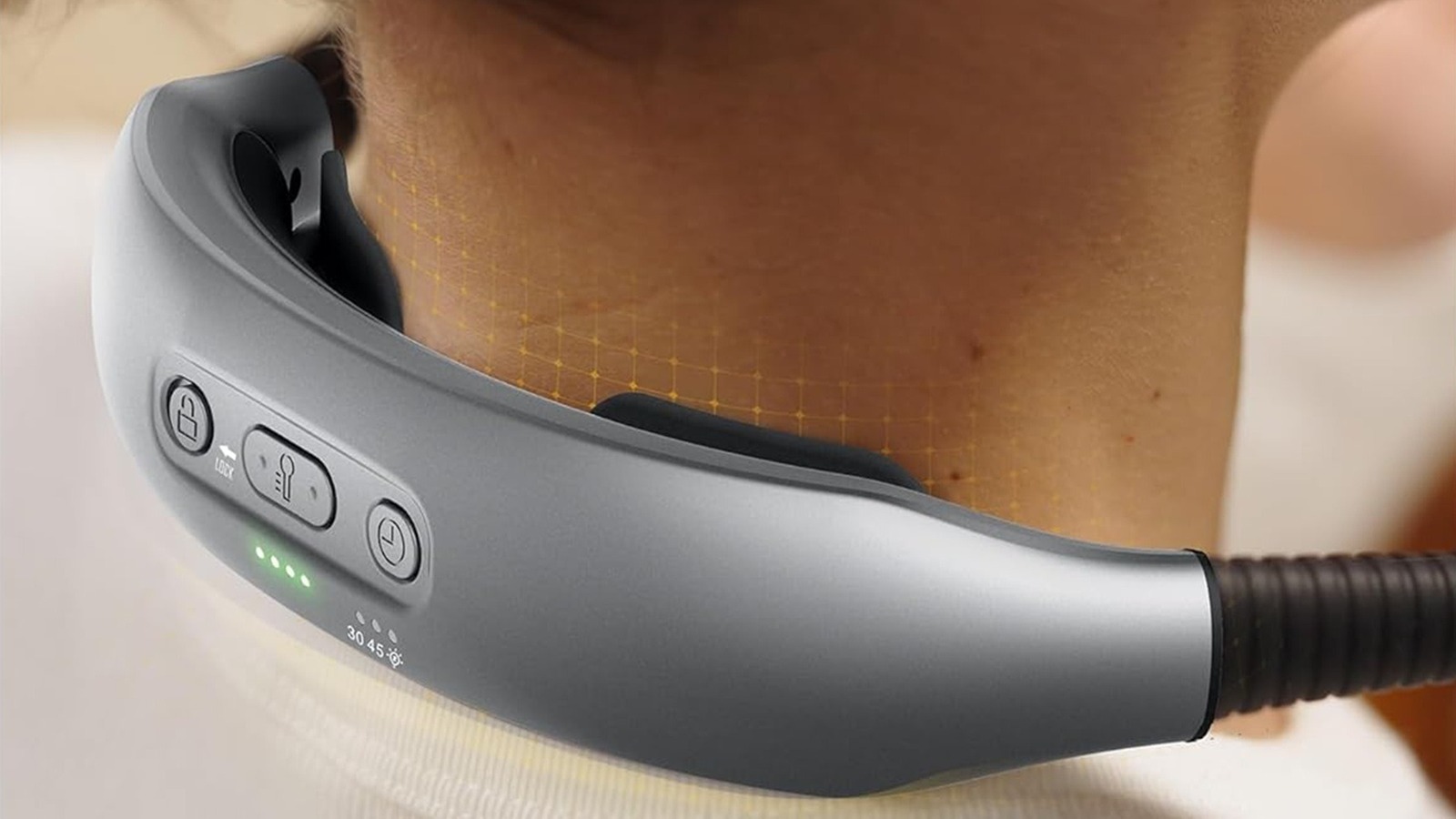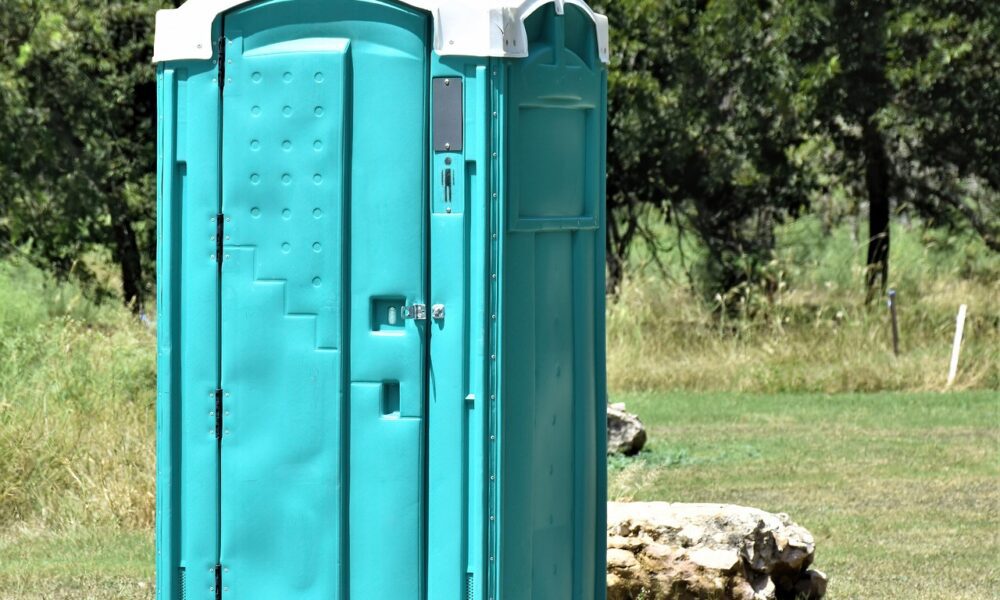In Zimbabwe, over 60% of the population live in rural areas where access to healthcare is limited by distance, cost, and infrastructure deficit. People walk 15 to 20 kilometers to reach the nearest clinic, often delaying care until it’s too late.
Chiedza Mushawedu, co-founder and executive director of ZimbosAbantu Healthcare on Wheels, witnessed these challenges while working for a private hospital in 2016. “We were seeing preventable deaths from treatable conditions, mothers giving birth at home without skilled assistance, and people living with undiagnosed chronic illnesses simply because care was out of reach,” Chiedza explains.
In 2021, Chiedza founded ZimbosAbantu to improve healthcare access in these communities. By repurposing vans into solar-powered, tech-enabled mobile clinics, the startup brings healthcare directly to those who need it most. Chiedza says her team has cut walking distances from an average of 15 kilometers to just three, making early diagnosis and treatment possible right where people live.
Image Source: Bayer Foundation
Care on wheels
ZimbosAbantu currently operates ten mobile clinics, each strategically deployed to reach communities with the greatest need. According to Chiedza, each clinic is a fully equipped unit built to operate in off-grid areas. The clinics are powered by solar panels with battery backups, fitted with refrigeration for vaccines and medicines, and include a compact diagnostic lab called HealthCube, a portable device that performs over a dozen essential tests including blood glucose, hemoglobin, and malaria.
Chiedza explained that getting a clinic operational requires a combination of resources, infrastructure, and people. Each unit costs about US$120,000 to set up, she said. The units provide primary healthcare, maternal and child services, dental and eye care, immunizations, HIV testing, and NCD screenings for hypertension and diabetes. “We prioritised services that address the most common community health needs while remaining cost-effective and portable,” Chiedza said. For more complex cases, patients are referred to partner hospitals under the supervision of the Ministry of Health and Child Care.
The patient experience
Patients first engage with community health mobilisers who serve as ambassadors, receiving basic health education and on-spot blood pressure checks. Once they arrive at the clinic, they’re registered digitally. “We build a digital health record for every patient, something many are experiencing for the first time,” Chiedza says. The data helps track chronic illnesses like diabetes and hypertension, enabling continuity of care even when the clinic moves to another location.
Next, the patient moves to triage, where vitals are checked. From there, they’re directed to the consultation area, where a nurse or doctor conducts an assessment and offers a diagnosis. If medication is required, they receive it immediately from the solar-powered pharmacy fridge or dispensary, and if necessary, a follow-up visit is scheduled during the next mobile clinic visit.
The vans are designed with accessibility in mind, featuring ramps for people with disabilities, private consultation spaces and staff trained on gender sensitivity.
On an average day, each van serves between 18 and 25 patients, maintaining quality while ensuring reach. “Our goal is to bring healthcare within one kilometer of every household in the communities we serve,” Chiedza notes.
Beyond patient numbers, ZimbosAbantu measures its impact through a robust data-driven system that tracks 18 core health metrics daily, weekly, monthly, or annually. These indicators span the full HIV and NCD cascade, from preventive health and screening to chronic care and palliative support.
“We don’t just count patients; we track outcomes,” Chiedza explains. “Our data allows us to understand trends in maternal health, vaccination coverage, chronic disease management, and behavior change around sexual and reproductive health.”
The organisation monitors patients served, maternal health visits, immunisations, NCD screenings, HIV testing, and follow-up care, using this data to improve services. They also contribute data to the national health repository, informing government health financing and advocacy. “The evidence we have gathered since 2021 has shown real impact,” she says, pointing to partnerships with local and global health institutions drawn by their results.
To strengthen clinical decisions in real time, ZimbosAbantu partners with Econet Wireless to provide telemedicine connectivity. Nurses can instantly consult remote doctors, improving the doctor-to-patient ratio and ensuring accurate diagnosis. “Through technology, we connect rural clinics to qualified doctors in cities, allowing our nurses to provide the right care faster,” Chiedza adds.
In regions with low connectivity, real-time data capture can be difficult. ZimbosAbantu mitigates this using solar-powered systems, offline-first health software, and cloud-based encryption to protect patient information. Portable devices such as ultrasounds and glucometers sync automatically when internet access returns.
Tech-enabled, community-funded model
Beyond mobile healthcare, ZimbosAbantu is tackling another barrier: affordability. Through its Chikwama Mukando weHwutano program, a community health pool fund inspired by Zimbabwe’s traditional mukando (rotational savings group) model, families contribute as little as US$3 a month toward subsidised healthcare.
“Families contribute small monthly amounts. In return, they get subsidised consultations, screenings, and discounted medicines, spreading costs across the community,” Chiedza explains. Nearly 1,000 individuals are currently enrolled. The fund also extends micro-loans to women-led businesses, creating a link between healthcare and financial resilience. Digital tracking, flexible payment options, and community education help prevent defaults and ensure continued participation.
“It costs around US$5,000 per month to run one mobile clinic,” she says. “An average of 16 patients per day helps us reach break-even, while Mukando weHwutano keeps healthcare affordable for the end user.” By integrating healthcare financing with community economics, the model ensures that no one is turned away for lack of funds while fostering local ownership. “It’s healthcare and empowerment rolled into one,” she adds.
Challenges and scaling up
Deploying mobile clinics across Zimbabwe has not been without hurdles. The startup initially faced regulatory challenges around licensing and recognition of mobile clinics as official health facilities. “We had to prove that mobile clinics could meet the same standards as static ones,” Chiedza says. “But once we demonstrated the concept’s viability, the Ministry of Health and local councils came on board.”
ZimbosAbantu now operates under formal Memoranda of Understanding with the Ministry of Health and Child Care, the National AIDS Council, and local authorities. Each mobile clinic is linked to a hospital or clinic for referrals and medical waste management. Their work also aligns with Zimbabwe’s Vision 2030 goal that no citizen should have to walk more than 10 kilometers to reach a health facility, a target that remains a work in progress in many rural districts.
Building trust with communities was another challenge. “We engage local leaders, run free health campaigns, and demonstrate impact, building trust through visibility and reliability,” Chiedza explains.
Financial sustainability remains an ongoing challenge. Initially self-funded with US$22,000 from family savings, ZimbosAbantu is now raising US$6 million over the next three to five years through a blended finance model that will cover 50 new mobile clinics across all ten Zimbabwean provinces, medical equipment, and working capital.
As a female founder in a male-dominated health sector, Chiedza also confronts gender-related barriers. Before founding ZimbosAbantu, she spent nearly two decades in the corporate sector, including eight years working internationally with the Dubai World Trade Centre and later in Zimbabwe’s private healthcare space. “Leading a healthcare innovation as a woman in Zimbabwe means facing bias and limited access to funding,” she says. “But I’ve leveraged mentorship programs through Impact Hub, AWEC, AWE, and the Nkwanzi Fellowship to navigate these challenges. Resilience and collaboration are what keep me going.”
The organisation’s biggest challenge now is meeting growing demand faster than it can scale. “Communities are asking for more specialized services and wider coverage, but funding for rapid deployment and skilled personnel is still limited. We’re actively seeking partnerships and investment to bridge this gap,” she notes.
Looking ahead
Since launching, Chiedza says ZimbosAbantu has reached over 138,000 patients, served 15 low-income communities, created over 48 full-time jobs and trained over 100 community-based health mobilisers.
In 2025, ZimbosAbantu received the Bayer Foundation Women Empowerment Award, recognising its impact and innovation. “Being honoured by the Bayer Foundation is deeply humbling,” Chiedza says. “It’s a recognition not just of my work, but of the communities we serve and the incredible team behind ZimbosAbantu Healthcare on Wheels.”
More work lies ahead for both Chiedza and the ZimbosAbantu team. In addition to scaling the volume and spread of its mobile clinics, they are developing specialised units for maternity, dental, and eye care while integrating AI-assisted diagnostics, wearable monitoring, and teleconsultation hubs to enhance data-driven care.
“Our ultimate goal,” Chiedza says, “is to make ZimbosAbantu a regional leader in mobile, tech-enabled primary healthcare, proving that innovation and equity can go hand in hand.”
Mark your calendars! Moonshot by is back in Lagos on October 15–16! Meet and learn from Africa’s top founders, creatives & tech leaders for 2 days of keynotes, mixers & future-forward ideas. Get your tickets now: moonshot..com











